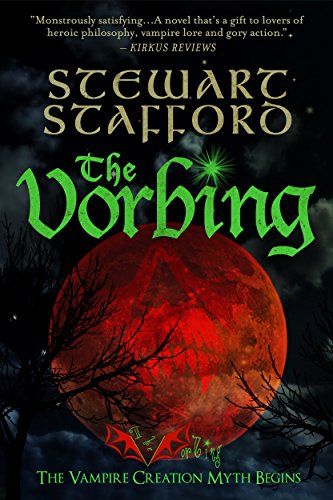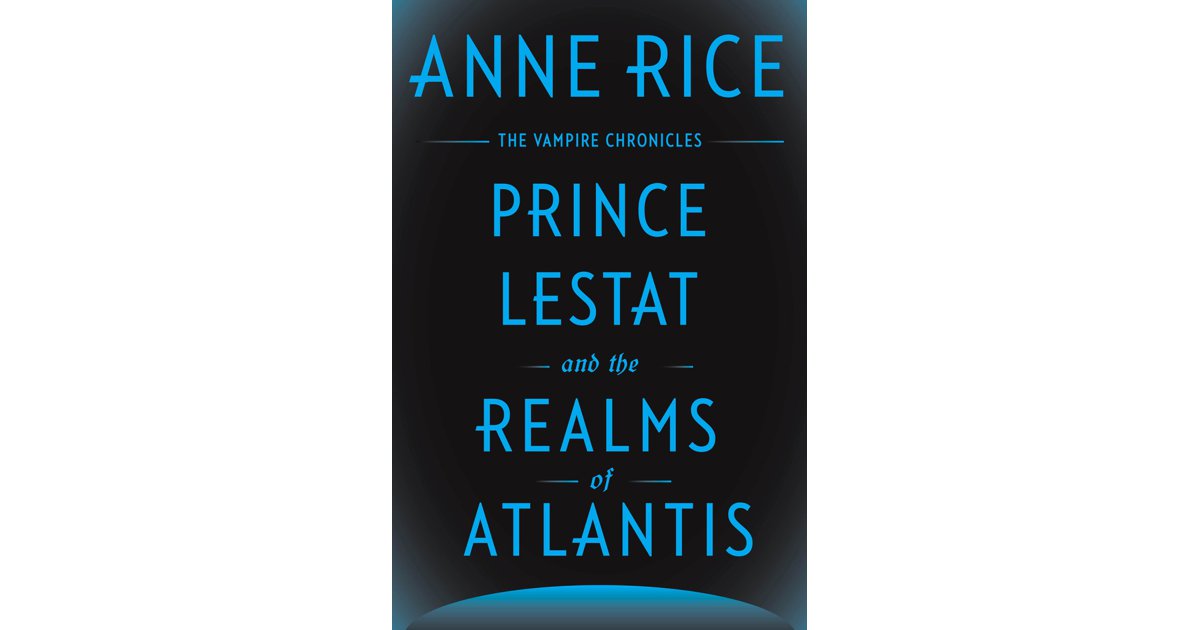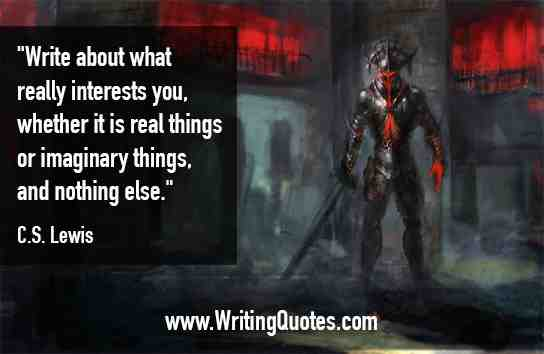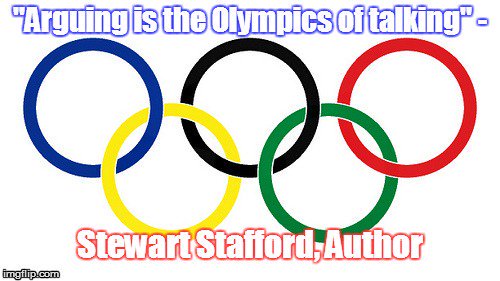Blade Runner (1982), set in November 2019, came of age this week. In the closing moments of Ridley Scott’s sci-fi classic, Rutger Hauer, in a soliloquy he wrote, uses the last moments in the life of replicant Roy Batty to compare life memories to drops of water: “All these moments will be lost like tears in rain.”
In the week a classic time-travelling franchise returns to cinemas with “Terminator: Dark Fate,” let’s delve deeper into this common science fiction trope.
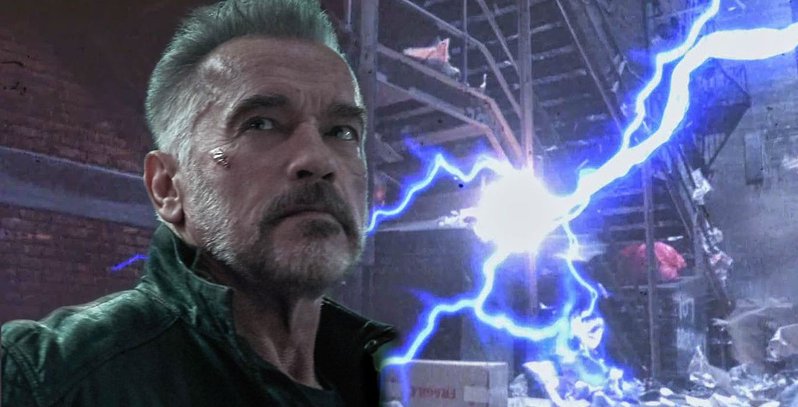
Time is similar to a body of water with its own ecosystem composed of elements that are not interchangeable or what I call a “Chronosphere”. I define Chronosphere as “an infinite time superhighway containing chronological and coexisting past, present and future timelines and the wormholes within and around them where the theoretical possibility of time travel can occur.”

The elements of an ecosystem are in delicate balance with each other, and tinkering with any of it, like reducing the number of bees or trees, can have a devastating knock-on effect on all life on our planet. Similar to wading into a body of water, entering time’s Chronosphere is where humans frequently could find themselves out of their depth.
The three stages of time are:
1. The Past – concerned with mistakes and regrets and reliving past glories or the past glories of others.
2. The Present – concerning reality or our conception of it.
3. The Future – encapsulating all our hopes and fears of the unknown.
I propose a possible fourth stage – Alt-Time, an overarching concept that can involve all three stages of time and any possible combinations of the triumvirate or in the isolation of future time.
If I may take the aquatic analogy further, time also possesses a density that counteracts attempts to instigate propulsion through it. Wormholes are the water spouts of the time-space continuum, but unlike water spouts, they are theoretical portals to other dimensions.
If you divide the circumference of a circle by its diameter, you get Pi or 3.14. If you don’t get that calculation, you don’t have a circle. Time itself is circular: a clock face, the circle of life, the great wheel of Time, or a wormhole itself. Even the symbol of infinity is a snake swallowing its tail.



Visionary sci-fi author H.G. Wells first proposed time travel in his 1895 novel “The Time Machine.” “The work is generally credited with the popularization of the concept of time travel by using a vehicle or device to travel purposely and selectively forward or backward through time,” according to Wikipedia.
As with any invention created by humans, we never see all the consequences of our actions. We see some of them, and that is where my quote about human knowledge can come in.
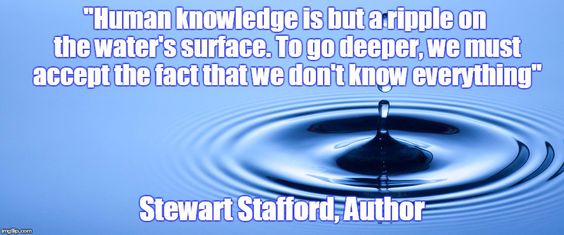
Again, another water analogy, just as the level of our knowledge is only at the surface, so we cannot see all the ripples emanating outwards from discoveries or of time travel.
If the future has not occurred yet, then how could you time travel there with no coordinates? To travel forward in time, it would appear to be necessary for the future to be coexisting with the past and the present and happening simultaneously. How can it be preexisting when it has not happened yet?
Let us introduce a hypothesis.
Stafford’s Hypothesis on The Transference of Existence
Even if you self-isolated, stood still, and held your breath after traveling into the past, you would still be a pebble diverting the flow of time in some way. The very transference of existence via wormholes, not interaction with past actors or events, creates paradoxes.
Time Transference has three stages:
1. The distance traversed between the origin or starting point of the wormhole and the rip in the Chronosphere (Space-Time continuum).
2. The transference of biological material through the rip in the Chronosphere without damage to or mutation of the genetic code of the chrono-commuter.
3. Arrival at the endpoint of the time transference – the reconstruction of the chrono-commuter’s genetic material and the sealing of the rip in the Chronosphere.
Some people believe time travel to be an impossibility. Others think it has already happened. Remember that American Civil War-era photo of Nicolas Cage that went viral a few years back?

Fortunately, time travel does not exist. With it, the human race would try to solve past mistakes in isolation, erase any knowledge gleaned from making them, and create a chain reaction of unforeseen consequences. These could destroy the past, along with the present and future simultaneously. Time itself could become the ultimate weapon of mass destruction.
If/when time travel ever happens, no doubt Richard Branson will corner the market and get in there first. If you’ll excuse me, I must go, I have a time travel blog to write. (Or do I?)
© Stewart Stafford, 2019. All rights reserved.
If you’re a generous person who believes writers should be paid for their work, all donations are gratefully accepted here.
To read more of this author’s work, check out his short story Nightfall and novel The Vorbing.






